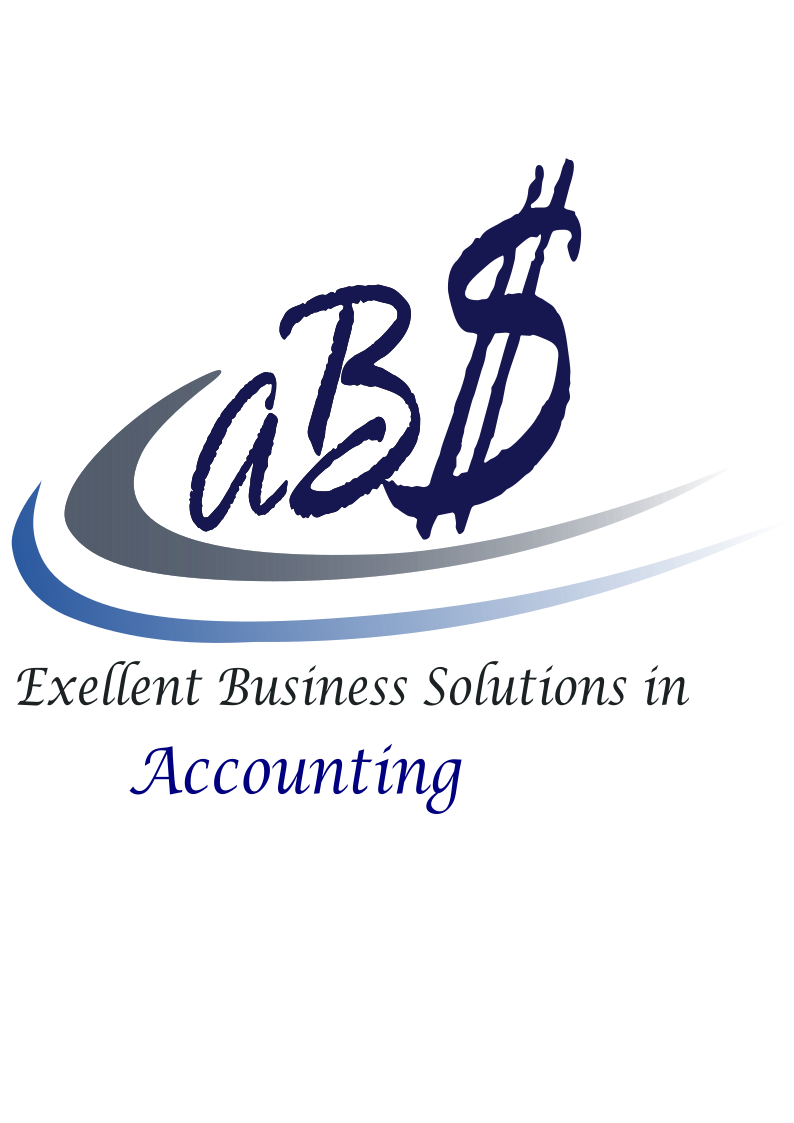The tax-deductibility of expenses related to childcare expenses for after-school activities.

Expenses related to childcare for after-school activities may be tax-deductible in certain circumstances, as established by a court ruling in the case of Kwan v. The Queen (2018 TCC 184) and I will provide more information about this case in the following section.
The taxpayer appealed from a reassessment of the CRA disallowing him $5,086 for child care expenses in his 2016 taxation year.
During that year, the taxpayer had two children - a 12-year-old son and a 10-year-old daughter. The taxpayer worked as a banker, typically from 9:00 a.m. to 5:30 p.m. on weekdays, while their spouse worked as a mortgage broker with similar office hours, but with occasional evening and weekend work due to client demands. It is undisputed that the children attended school full-time and were finished by approximately 3:00 p.m. each day.
The taxpayer registered and made payments for their children to participate in various after-school activities throughout the year, which included:
- chess programs,
- math tutoring classes,
- Chinese language classes,
- ski class,
- summer camp.
Additionally, they hired two high school students and two bilingual university students to either pick up their children from different classes or watch over them during the year.
From the available evidence, it can be confirmed that the taxpayer and their spouse are a busy working couple who have selected several activities and care options to look after their children during the after-school hours until they finish their workday.
The taxpayer cofirmed that all of the expenses incurred for the above-mentioned activities and services were necessary to enable both him and his spouse to carry out their employment or business obligations, without which one of them would not be able to work.
However, the CRA counsel maintained that the activities paid for by the taxpayer do not meet the criteria for "child care expenses" as defined in subsection 63(3) of the Income Tax Act (the "Act"):
child care expense means an expense incurred in a taxation year for the purpose of providing in Canada, for an eligible child of a taxpayer, child care services including baby sitting services, day nursery services or services provided at a boarding school or camp if the services were provided:
(a) to enable the taxpayer, or the supporting person of the child for the year, who resided with the child at the time the expense was incurred,
(i) to perform the duties of an office or employment,
(ii) to carry on a business either alone or as a partner actively engaged in business,…
Paragraph 63(3)(c) places a restriction on the amount of expenses that can be claimed for a camp, allowing for a deduction that is equal to one-fortieth of the maximum child care expense limit that the taxpayer is entitled to claim per eligible child, per week of camp.
Paragraph 63(3)(d) of the Act explicitly disallows deductions for specific expenses related to medical or hospital care, clothing, transportation, education, or board and lodging, unless otherwise expressly provided, by deeming them as not qualifying for child care expenses.
ANALYSIS AND CONCLUSION
By applying the purpose test, the court accepted the taxpayer's evidence that enrolling their children in after-school Chinese, chess, golf, and similar classes was done to facilitate their work.
Additionally, the court agreed that the hiring of two high school students and two university students to pick up and take care for the children after their classes, fell within the fundamental definition of child care and it is up to the taxpayer to decide which child care services to utilize based on their child's needs. The court viewed this choice as an expression of parental discretion, and as long as the expenses claimed are reasonable, it is not the state's place to dictate who cares for the taxpayer's children becasue:
The taxpayer is responsible for choosing…the child care services he or she wishes to use; the taxpayer makes this choice on the basis of the child's needs, and this choice is an exercise of parental discretion.
The court responded to the CRA's argument that some of the expenses may have been unnecessary as the taxpayer's older child turned 12 in 2016, by noting that the Parliament allows for child care expense deductions for eligible children up to the age of 16. It was also emphasized that the decision to determine when a child who is 12 years or older is capable of staying home alone lies with the parent.
The court have decided to approve all of the expenses claimed, except for those that the court is not convinced were necessary to allow the taxpayer or their spouse to work.
The court denied two expenses claimed by the taxpayer: the payment for their son's participation in a Saturday chess tournament, as there was no evidence of necessity, and the payment for enrolling the children in the Whistler Ride Tribe program, which appeared to be for recreational purposes rather than to facilitate work.
SUMMARY
Taxpayers can claim childcare expenses for after-school activities when they can demonstrate that the expenses were incurred to enable them or their spouse to work, and the expenses are reasonable.
A court ruling in Kwan v. The Queen (2018 TCC 184) allowed for the deductibility of such expenses.
However, the court may deny expenses that do not appear to be necessary for work-related purposes.
The Parliament allows for child care expense deductions for eligible children up to the age of 16, and it is ultimately the parent's decision to determine when a child who is 12 years or older is capable of staying home alone.
Disclaimer:
“Please note that the information provided in this article is of a general nature and may not be accurate for your specific situation. The information is current as of the date of posting and is not intended to provide legal advice. It's always recommended that you consult with a professional accountant and lawyer for personalized guidance and advice."



